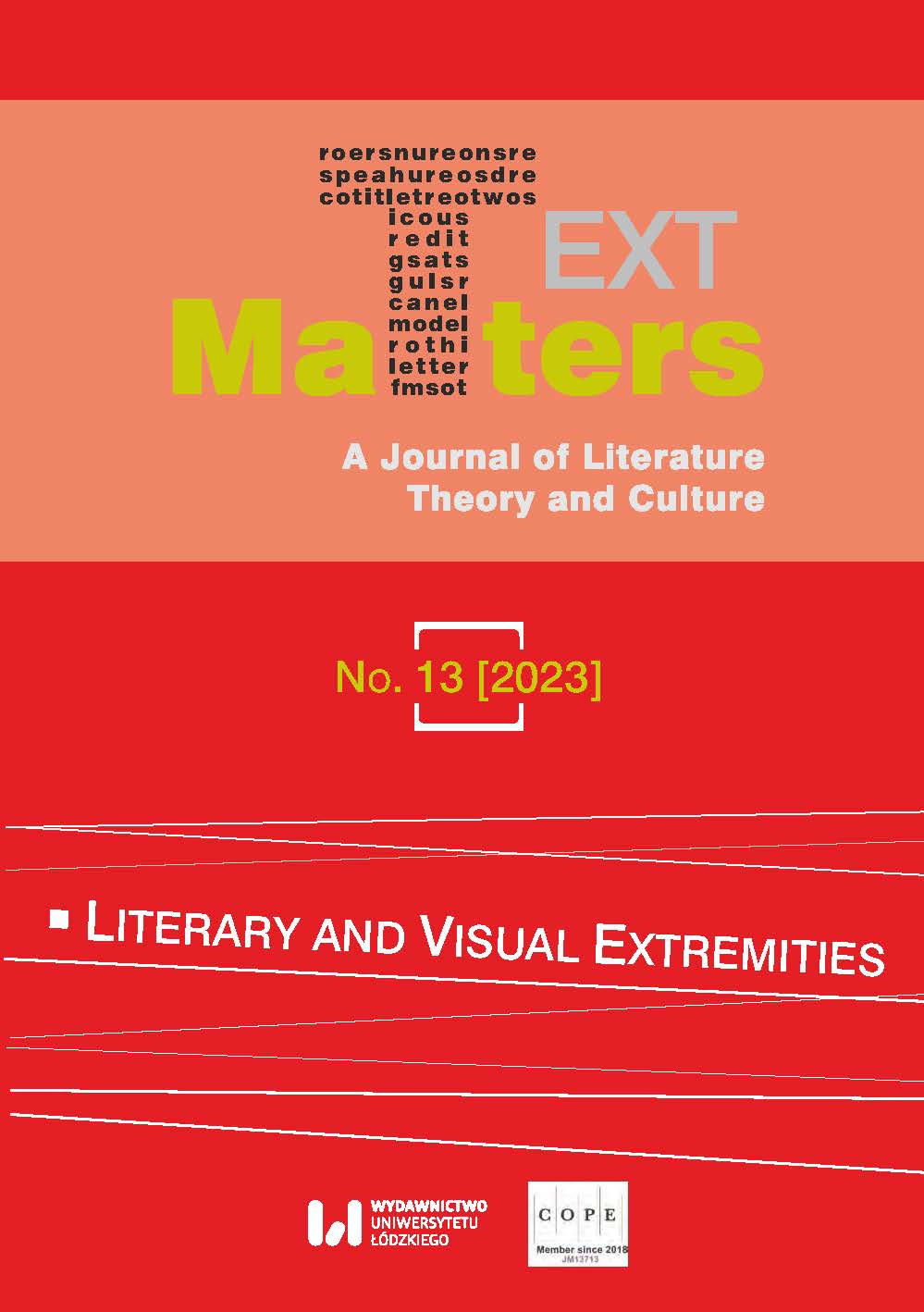The Posthuman Body as an EcoGothic Wasteland in Allison Cobb’s After We All Died and Adam Dickinson’s Anatomic
The Posthuman Body as an EcoGothic Wasteland in Allison Cobb’s After We All Died and Adam Dickinson’s Anatomic
Author(s): Paulina AmbrożySubject(s): Studies of Literature
Published by: Wydawnictwo Uniwersytetu Łódzkiego
Keywords: posthuman lyric; ecoGothic; biosemiosis; transcorporeality; wasteland
Summary/Abstract: The focus of my inquiry are environmentally inflected metaphors and discourses of toxicity which inform the contemporary North American posthuman lyric. This provisional generic category of the posthuman lyric has been inspired by the recent shift from an anthropocentric understanding of lyric subjectivities to a biocentric perspective which repositions human epistemologies in relation to more-than-human matter. The posthuman angle questions the concept of the sovereign human self, stressing transversal ontologies, open to inter-agential exchanges, diverse biosemiotic processes and communication loops. My primary interest is in poetic representations of the human body as a transversal, toxic, catastrophe- and death-haunted wasteland. The volumes chosen to problematize those processes are Allison Cobb’s After We All Died (2016), an elegiac meditation on the dying human species and anthropogenic change, and Adam Dickinson’s Anatomic (2018), which probes the leaky perimeters of the chemical self using an electronic microscope and burden tests of the poet’s own bodily tissues. The posthumanist angle which informs the analyses is supplemented with an ecoGothic one, as both critical paradigms can be seen as interrogatory discourses which probe human fears and hopes concerning the “edge of the human” and the recognition of non-human agency. Within the ecoGothic framework, nature is seen as “a contested site”—a “space of crisis,” where human and non-human ecologies interact and co-produce meaning. This double lens will be used for the study of posthuman imaginaries and Anthropocene affects employed by Dickinson and Cobb.
Journal: Text Matters: A Journal of Literature, Theory and Culture
- Issue Year: 2023
- Issue No: 13
- Page Range: 61-91
- Page Count: 31
- Language: English

